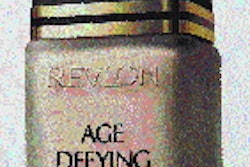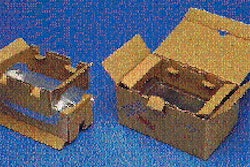21), Mead Corp. (Dayton, OH) took issue with one of the conclusions. In a letter to PW, Ronald F. Budzik, vice president, regulatory affairs at Mead, says the author missed the mark. In the report, author Stephen Barlas concluded that, based on remarks filed with EPA, ". . .Mead and some other companies want some semblance of guidelines to remain." This conclusion, says Budzik, was based on the author's assumption that Mead wanted "to protect its investments in recovered materials packaging." The statement is "completely inaccurate," stressed Budzik. "While Mead has invested substantially in increasing its use of recovered fiber, we have no need for EPA guidelines either to promote our finished product or to dictate its fiber content. . .Our point is that-while we object strongly to this type of market interference-the EPA is required under federal law to issue and maintain purchasing guidelines for federal agencies. "And, like the EPA, compliance with federal law is our responsibility if we choose to seek government business. Therefore, we felt that it was important to participate in the process of improving the original 1988 guidelines."
Mead disputes desire for EPA guidelines
In the wake of our report on the Environmental Protection Agency and recycled-content standards for government-purchased boxes (see PW, August '95, p.
Oct 31, 1995
Machinery Basics
Annual Outlook Report: Workforce
Hiring remains a major challenge in packaging, with 78% struggling to fill unskilled roles and 84% lacking experienced workers. As automation grows, companies must rethink hiring and training. Download the full report for key insights.
Download Now
Get a jump on your 2026 packaging & processing goals at PACK EXPO East.
Be the first to find what’s next in packaging & processing at PACK EXPO East. See new solutions from 500 exhibitors, uncover creative ideas for 40+ verticals and gain inspiration from free sessions on industry trends—all in one trip to Philadelphia.
REGISTER NOW & SAVE
Downloads























